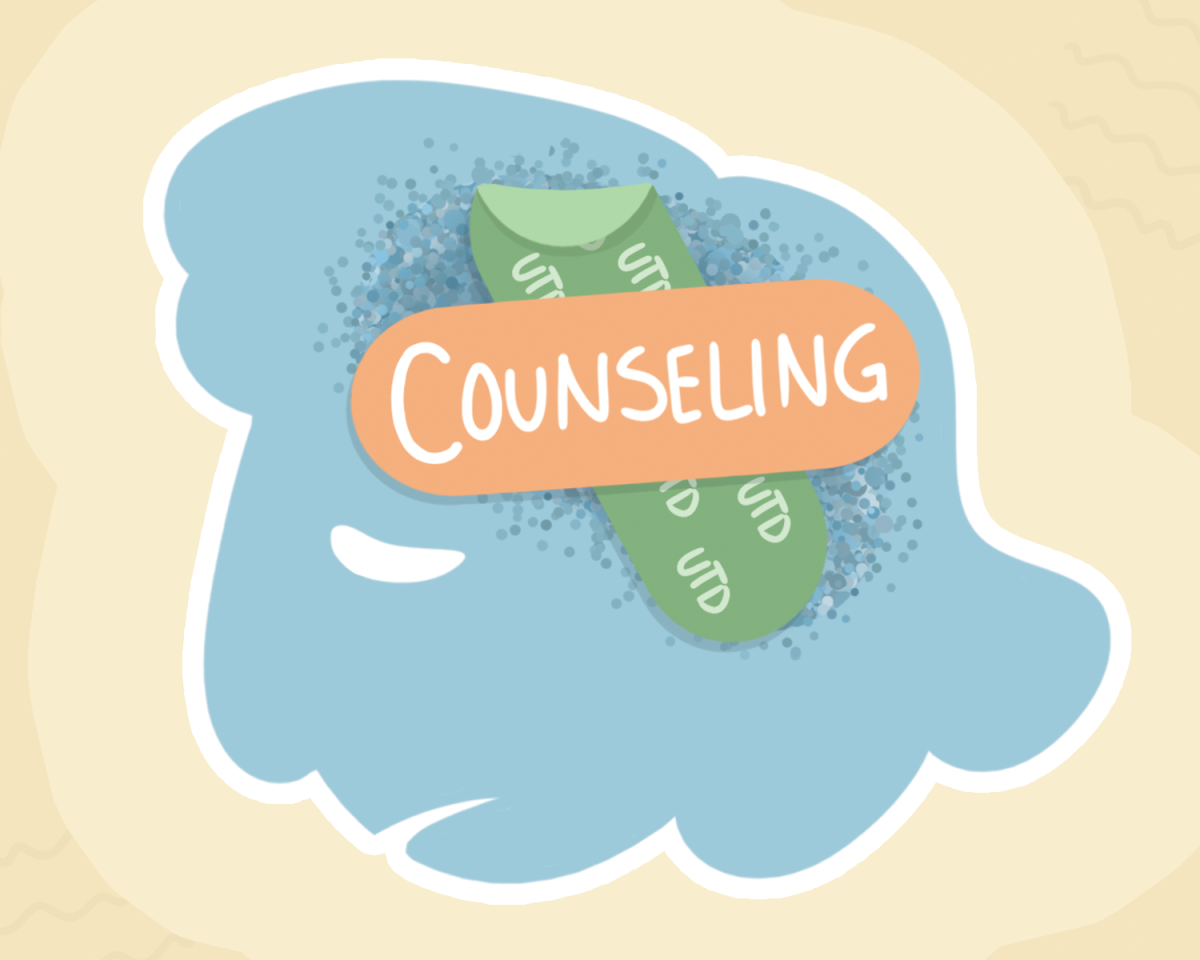Due to visible understaffing issues, the UTD Student Counseling Center (SCC) is unequipped to address mental health in a personalized manner that acknowledges individual identities and situations.
While stress has been a prevailing problem on many college campuses for years, the pandemic has made it more important now than ever for students struggling with anxiety to have access to reliable counseling. However, the SCC cannot fully achieve the inclusivity it strives for unless it hires more staff that can help a greater number of students in a reliable fashion.
For counseling, it’s important to understand that those seeking services are shaped by their environment and identities. For example, Cognitive Behavioral Therapy was only found to be effective in instances where it could readily incorporate cultural adaptations. The most impactful methods varied between different races and socioeconomic statuses.
In order for the treatment offered to encompass a wide variety of backgrounds and situations, there needs to be a greater number of trained counselors available to help a large student body. Unfortunately, the SCC falls short here, considering that UTD’s student body is nearly 29,000 as of fall 2020, but the SCC only has around 15 staff members (including directors and doctoral interns) offering counseling. The SCC can’t be as inclusive as possible with a staff of only 15-20 people to potentially treat thousands of students. The lack of resources here is definitely prevalent, especially when we see that the SCC cannot provide students with more than six therapy sessions during their time at UTD. Worse yet, in some cases students reported being unable to even attend those six sessions with the same counselor.
The UTD Reddit chronicles just how widely variable Comets’ experiences with the SCC have been. Not all feedback is negative, but there is a consensus that counselors are consistently overbooked, making the wait times for appointments outrageous and the guarantees of repeatedly seeing the same counselor minimal at best. And since therapy’s strength lies in a therapist’s ability to respond to a student’s individual environment and situation, any student finding their responses “generic” or “predetermined” has every right to feel underserved.
A strong long-term relationship with a counselor is essential for a client to see tangible results from therapy. If a client has to see a new therapist every time – and only for six short sessions – there’s a low chance of forming a genuine connection with the therapist and feeling understood or comforted.
Surprisingly enough, nearly every university in the state of Texas is understaffed by the standards of the International Association of Counseling Services, which states that college counseling centers should have at least one full-time professional staff member for every 1,000 to 1,500 students. The SCC must push for more funding and resources to hire more counselors and provide culturally competent counseling.
Ultimately, having reliable services that help maintain an environment of stable mental health is critical to ensure that students can perform to the best of their abilities. When it comes to mental health, we can’t afford to make any sacrifices. Allocating resources to bolster campus counseling is absolutely crucial, and should be treated as a necessity, not an option.






